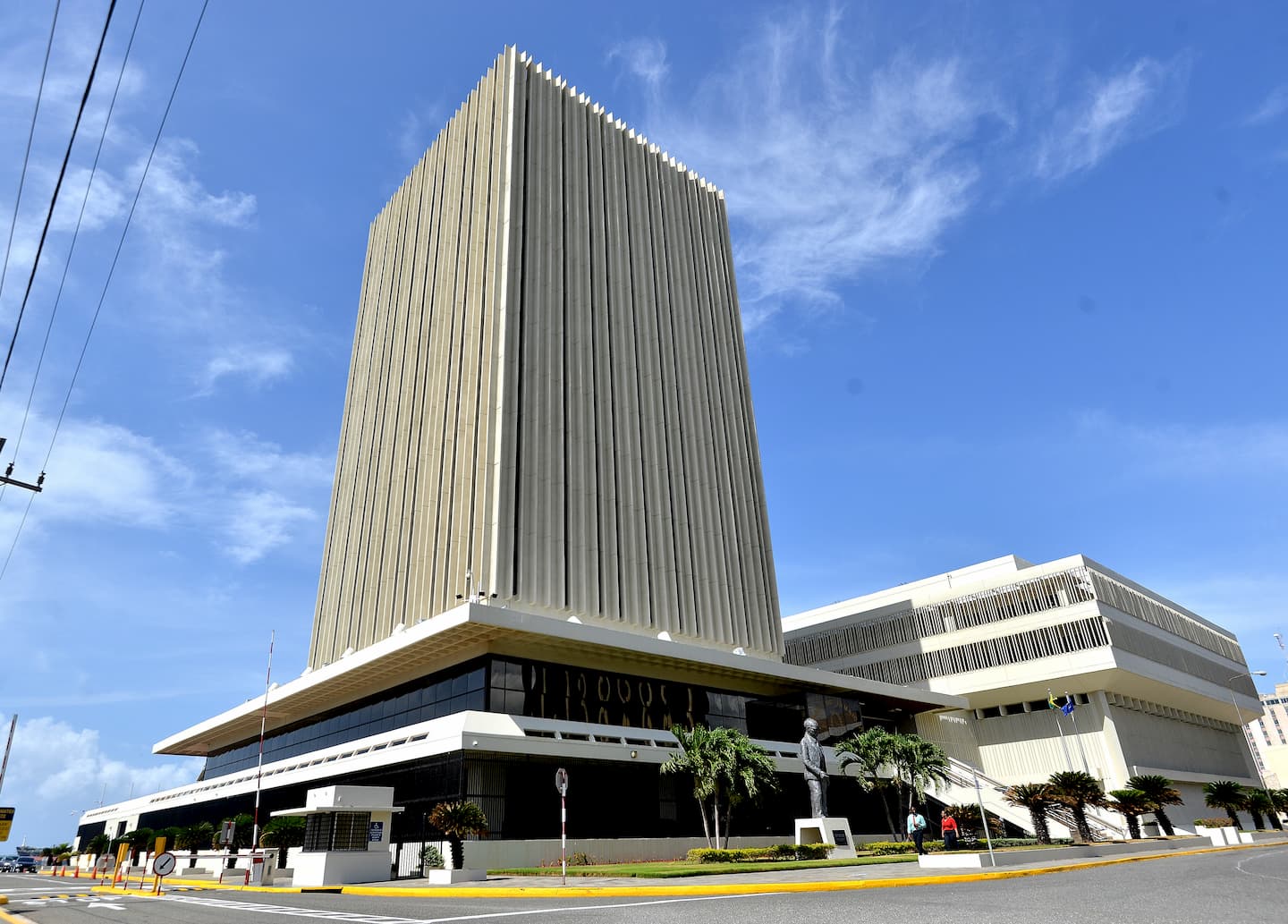It used to be by means of high-interest rates offered to the holders of capital to induce investment in government paper that the poor of this country were forced to contribute to the transfer of their wealth to the already wealthy. The ratio of debt to gross domestic product was routinely in excess of 100 per cent, and there are those still alive who recall overdraft penalty rates soaring near the same figure.
Now we have slain that dragon and interest rates are at historic lows, our skewed and congenitally unfair political economy has created a new predator in the form of the exchange rate regime. Check out the rake. It used to be possible for the financial sector merely to wait for the inevitable next issue of public debt at bloated rates with repayment protected by a constitutional guarantee, rather than investing in the productive sectors of the economy.
The strategy has changed. It is becoming the norm to use the enormous liquidity provided by the taxes and savings of ordinary people to convert local dollars to foreign currency as a store of value. This perpetuates the beggaring of the masses who, every time the local dollar devalues, will have to find more to repay foreign debt and, daily, must pay more for the goods and services bought with hard currency.
Just check the major sources of profit in the financial sector. The billions do not derive so much from interest charges on productive prosperity-enhancing, GDP-growing credit, but from usurious fees and foreign exchange arbitrage. No wonder that one influential financial commentary credits profits in a local bank as the main source of income for a native billionaire. Make no mistake, this would be fine if the economy was growing and savers were getting other than negative returns on their money.
But the reverse is the reality. In recent weeks, the same exchange rate which Dr Nigel Clarke says we shouldn’t be unduly concerned about has slithered downward by about 3% and remains leaning towards 140:1, and God knows where thereafter, so far immune to the expensive injection of US$50 million from the net international reserves. And we are not yet seeing the scary duppy of about $33 billion more of debt servicing festering below the surface effects of devaluation.
This has been facilitated by the dribbling reduction of the cost of the people’s money on offer from the Bank of Jamaica to financial institutions. Latterly, the same bank, supposedly the bank that protects the resources and interests of the entire people, has had to rent back more than $12 billion of the same money that they provided most at lower cost than they will be paying to sanitise it from further bidding down its own value and, most likely, sending the proceeds abroad.
Meanwhile, try getting a loan for agriculture, manufacture or education. Apart from mortgaging your eye teeth, the interest coupon will be in double digits. (Except, of course, you are borrowing to buy a car). And this is supposed to be the market system working efficiently!
No. We are trying to make development happen with a broken financial mechanism where policymakers appear hostages of the moneychangers, much as they were in successive epochs of our history to the extractive plantation owners, the neo-colonial merchant class and their more modern successors, albeit with a little change of melanin.
One reason why poverty is increasing, growth elusive, and crime unyielding is that the savings of the poor continue to be used, by dint of government complicity and cowardice, to deliver risk-free super-profits to the few, while leaving the majority with diminishing value, higher prices and increasing disillusionment.
Fifty-seven years after Independence, as was the case to a different extent in slavery, as in colonial days, the transfer of the labour value and savings of the Jamaican worker continues.
Is so it set?






